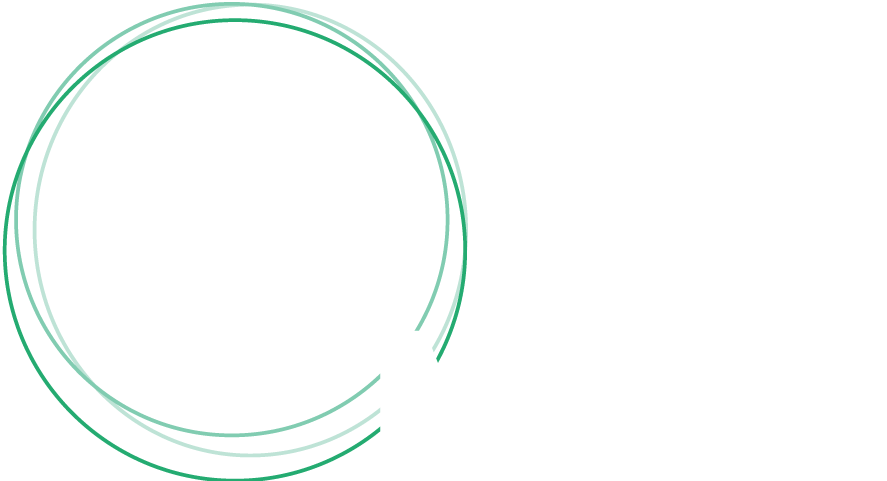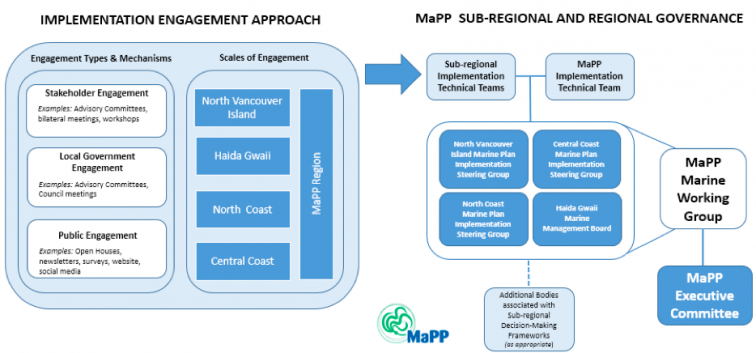The sub-regional marine plans and the Regional Action Framework benefitted from robust stakeholder and local government engagement and public review mechanisms and processes. Regional and sub-regional advisory committees, comprised of individuals with a wide variety of marine experience and interests, provided input and advice on planning products. A science advisory committee comprised of scientists with expertise in ecological, economic, social and/or cultural aspects of the North Pacific Coast’s marine environment provided multidisciplinary technical and scientific advice and knowledge.
Strong support for the sub-regional marine plans and the Regional Action Framework was received from a wide range of marine stakeholders and from local governments.
Recognizing the vested interest of stakeholders and other levels of government in the successful implementation of sub-regional marine plans and the Regional Action Framework, their continued engagement on implementation activities is critical. This can include a continued role for advisory committees, although in some sub-regions the committees may be integrated into existing structures or merged into new ones, as appropriate. Meaningful engagement will also come in the form of project-by-project advice. For advisory committee membership, and, where available, terms of reference, meeting agendas and meeting summaries, visit the following pages: Haida Gwaii Advisory Committee, North Coast Advisory Committee,Central Coast Advisory Committee, North Vancouver Island Advisory Committee and Regional Advisory Committee.
For regional actions outlined in the Regional Action Framework, an engagement strategy is being developed. Opportunities for review and comment on key implementation activities and outcomes will be considered, as appropriate for members of the general public.
There are First Nations in the MaPP region that did not participate in the planning phase. The MaPP partners will develop a strategy for engaging these First Nations in implementation.




